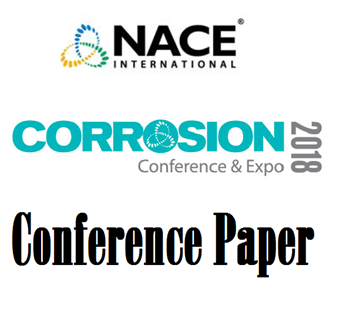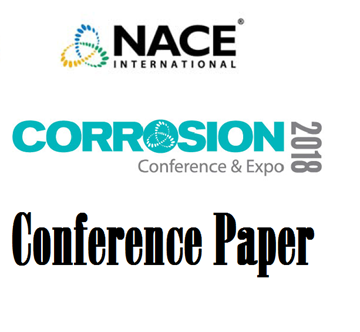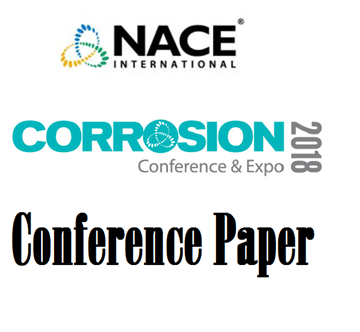Search
51318-11054-Extending Phosphonates Performance in Cooling Water Systems Operating Under Stressed Conditions
Also Purchased
51318-11053-Investigation of Calcium Sulfate Dihydrate and Calcium Carbonate Scale Inhibition by PESA PBTC and
Product Number:
51318-11053-SG
Publication Date:
2018
$20.00
51318-11059- Review of a UNS N04400 Heat Exchanger Tube Failure in Cooling Water Service
Product Number:
51318-11059-SG
Publication Date:
2018
$20.00
51318-11043-Failure of Fixed-Roof Tank Center Support Column from an Eocene Wash Tank Within Partitioned Zone (Kingdom of Saudi Arabia and Kuwait).
Product Number:
51318-11043-SG
Publication Date:
2018
$20.00




